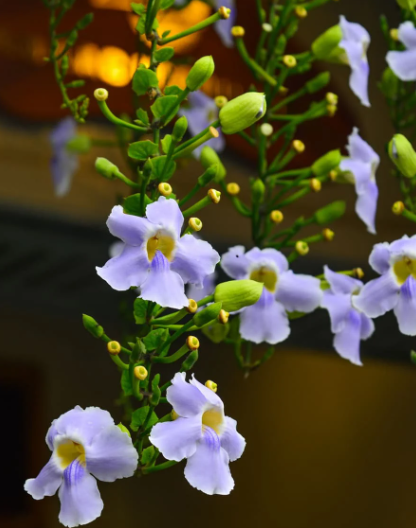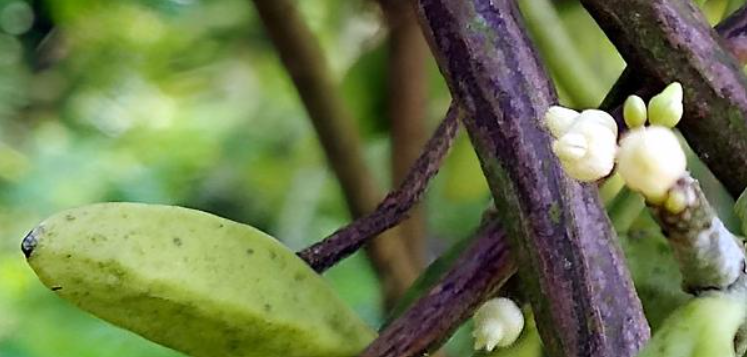Bengal Succulent Vine Plant
Bengal succulent Vine is a small decorative climber with trailing growth, suitable for partial shade and moderate moisture & it's not used as Medicine. |

Habit
Climber
Height
1-1.5 m
Growth
Medium
Soil
Well-drained sandy loam
Shade
Partial
Moisture
Moderate
Edible
No
Medicinal
No
Origin
India
Climatic Condition
Tropical
Temperature (°)
20-30°C
Humidity (%)
60-80%
Potting media
Garden soil
Fertilizers
Organic compost
Watering
Moderate watering; allow soil to dry between waterings
Plant Weight
1-2 kg
Flowering Time
Varies
Soil Ph level
6.0 - 7.5
Water Ph level
6.0 - 7.0
Soil EC
0.3 - 0.6
Yield Per Plant
Medicinal use
NPK ratio
10:10:10
life Span
Perennial
Health Benefits
Used in traditional medicine for bone health.
Suggested Grow Media or Potting Mix ?
| 40% peat moss, 30% perlite, 30% compost |
Suggested Fertigation/Fertilizers
| Apply monthly with liquid organic fertilizer |
Common Diseases and Remedies
| Root Rot, Powdery Mildew, Aphids, Mealybugs, Scale Insects. |
| White fungal coating, sticky residue, wilting. |
| Neem oil, garlic spray, improve air circulation. |
| Copper-based fungicides, systemic insecticides. |
HEALTH BENEFITS
Medicinal Properties
1. Anti-inflammatory properties: The Bengal Succulent Vine contains compounds that have been shown to have anti-inflammatory properties, which may help reduce swelling and pain.
2. Antimicrobial properties: The plant has been found to exhibit antimicrobial activity, which can help prevent the growth of bacteria, fungi, and other microorganisms.
3. Antioxidant properties: The Bengal Succulent Vine contains antioxidants that can help protect cells from damage caused by free radicals.
Traditional Medicine
1. Wound healing: In traditional medicine, the Bengal Succulent Vine has been used to treat wounds, cuts, and burns due to its antimicrobial and anti-inflammatory properties.
2. Digestive issues: The plant has been used to treat digestive issues such as constipation, diarrhea, and stomach ulcers.
3. Respiratory problems: The Bengal Succulent Vine has been used to treat respiratory problems such as bronchitis, asthma, and coughs.

